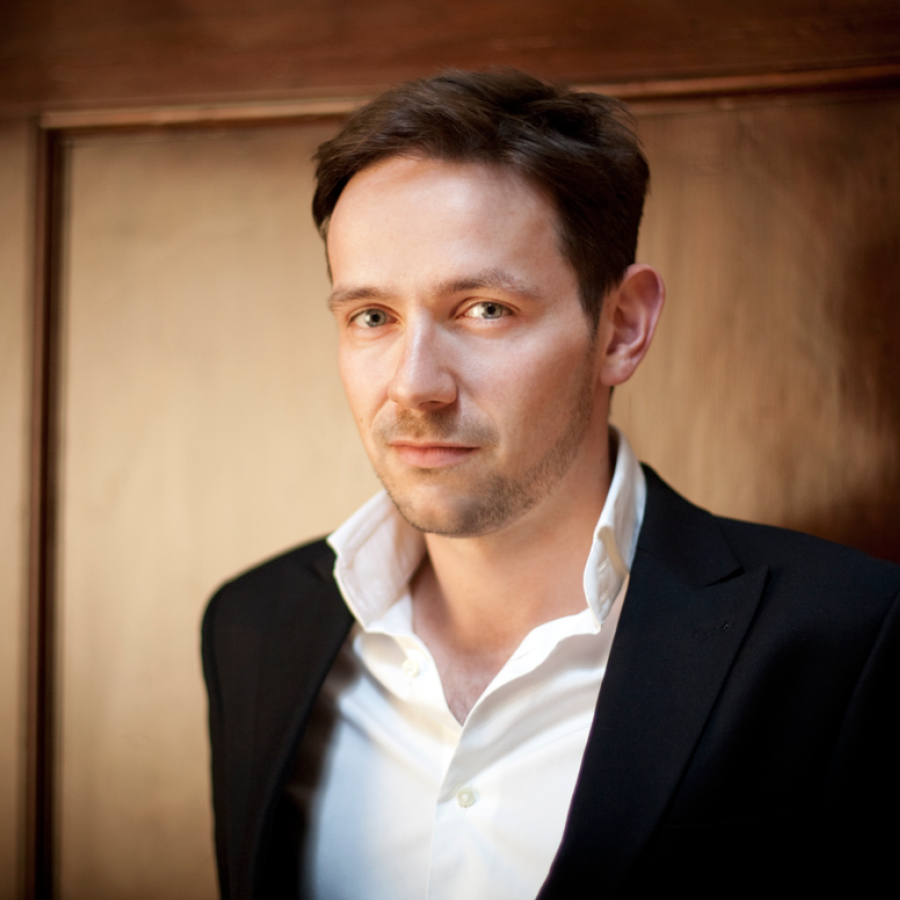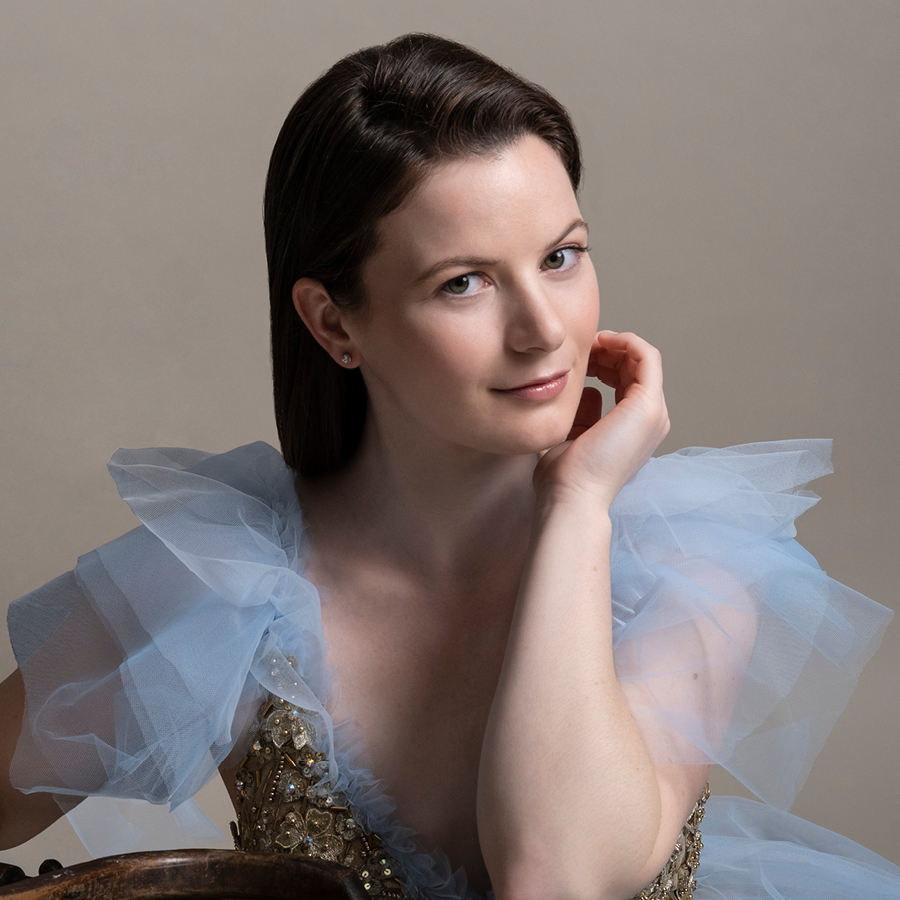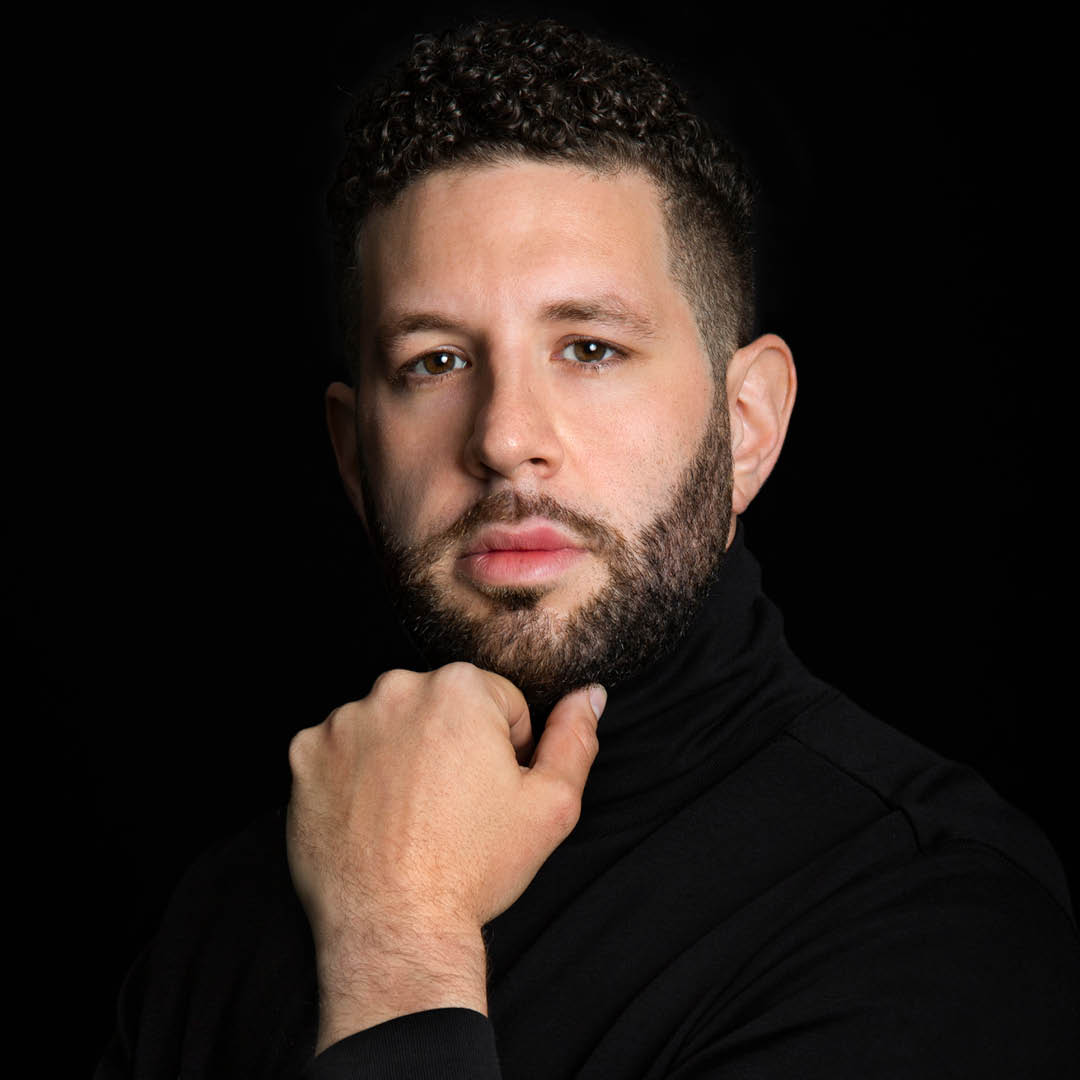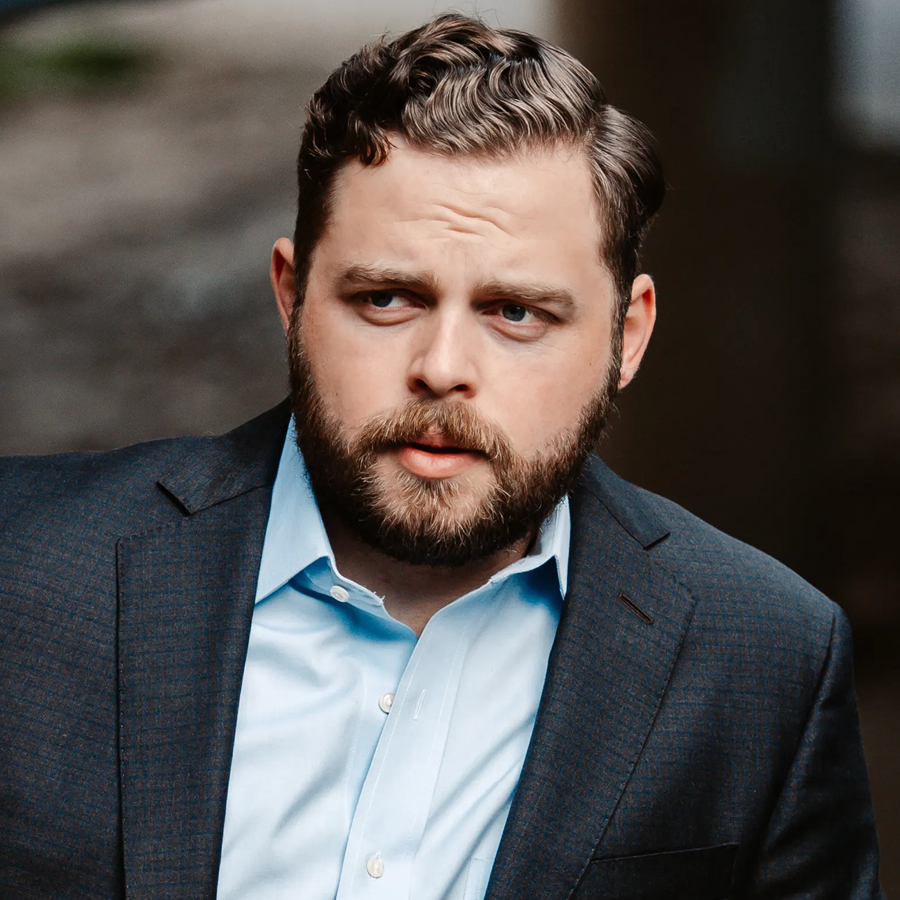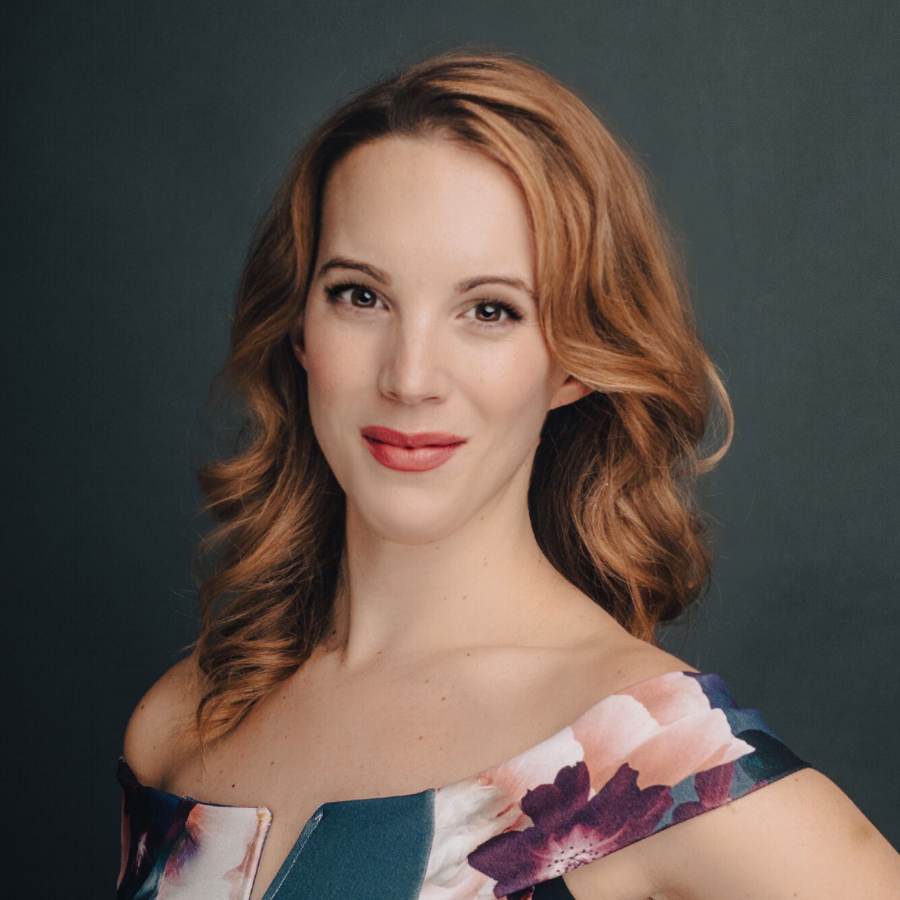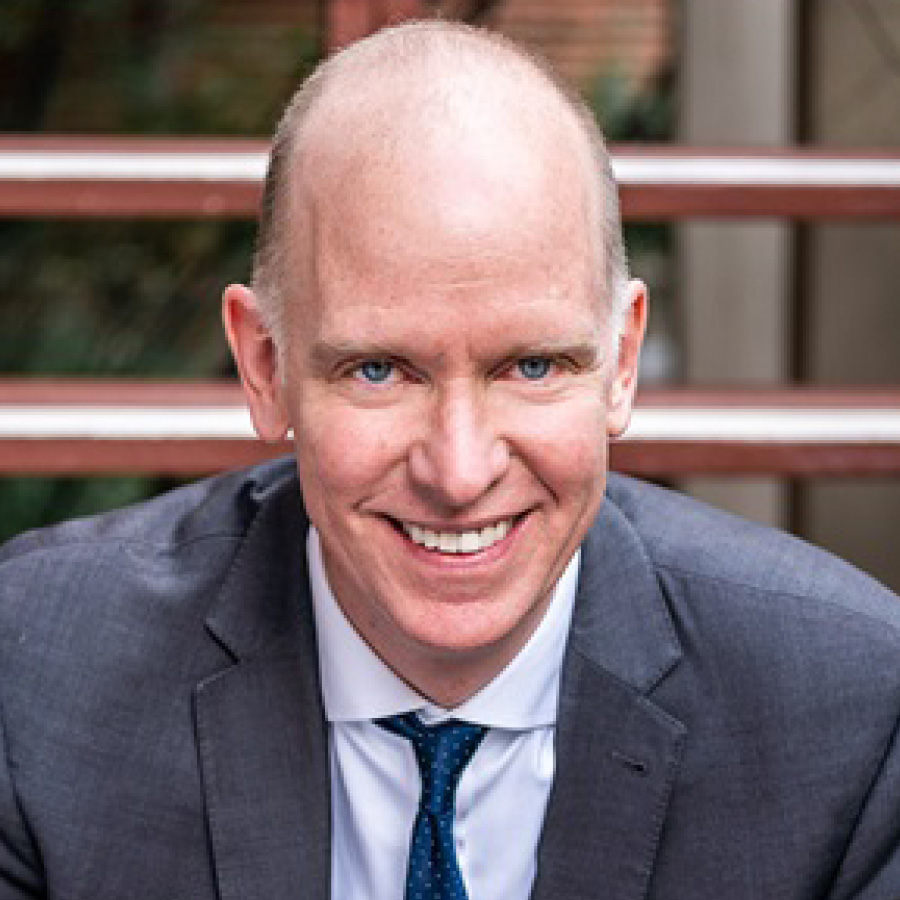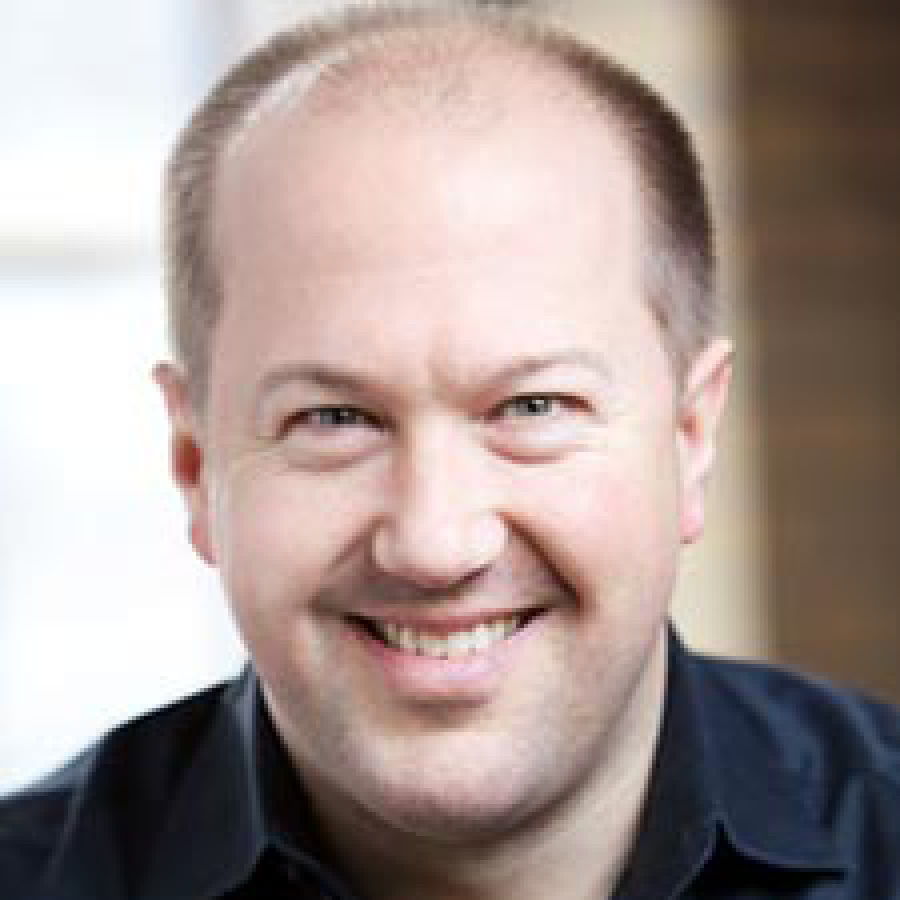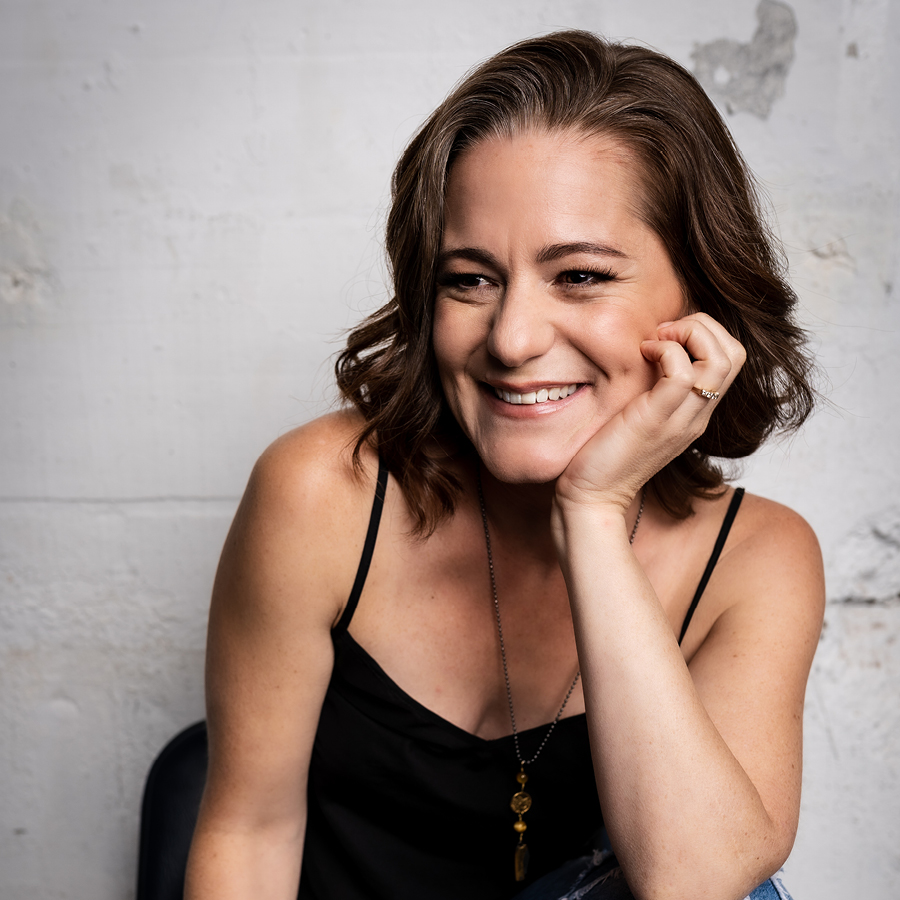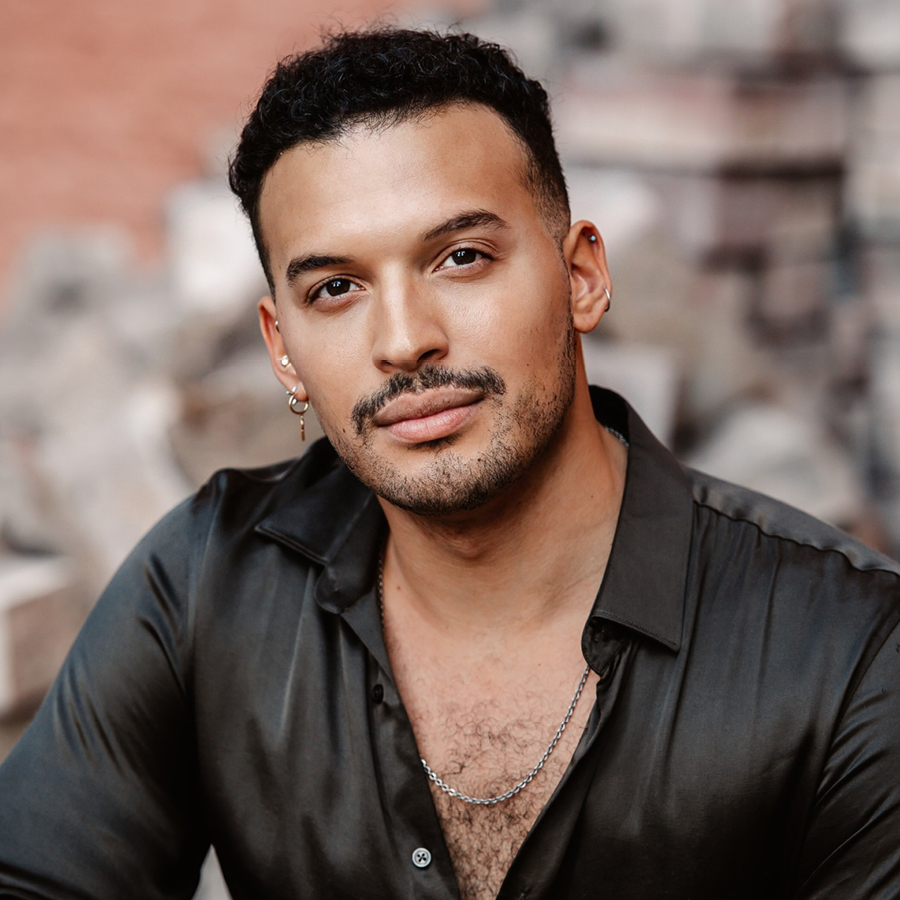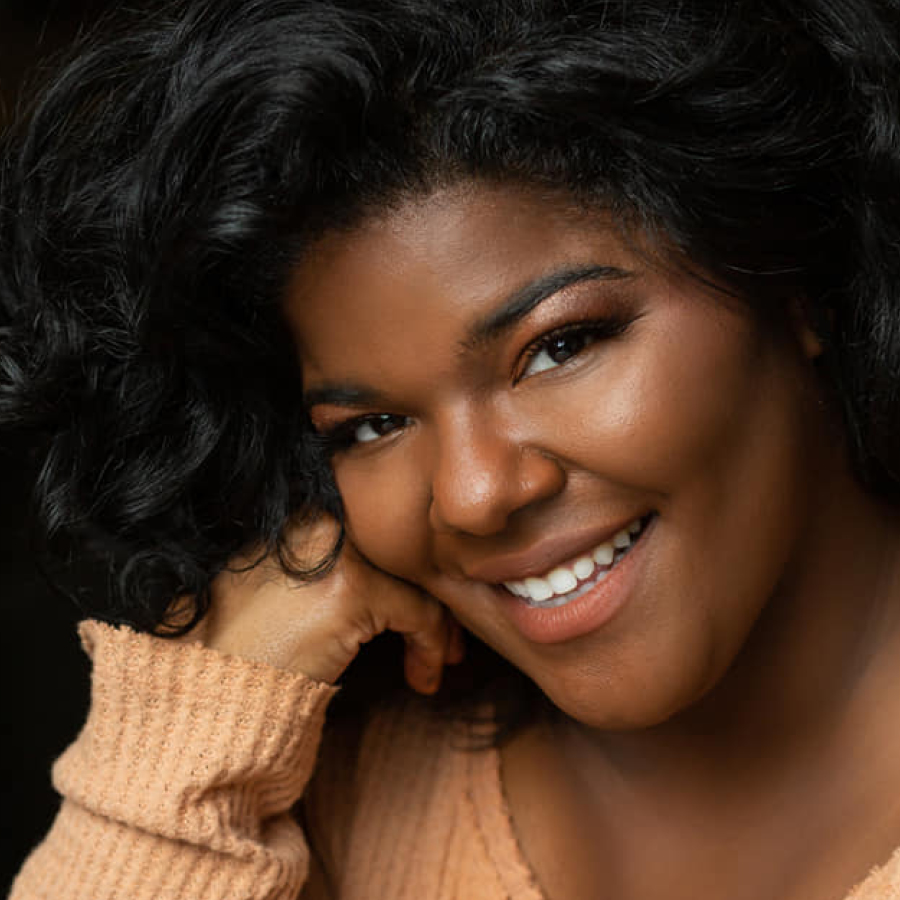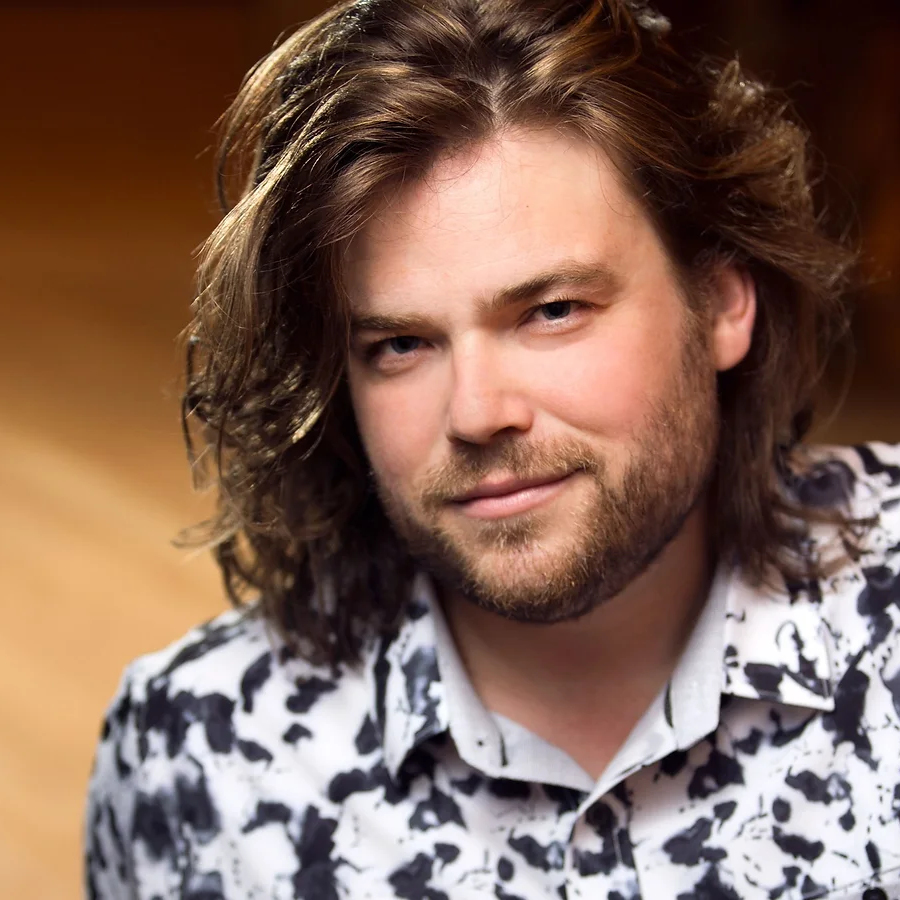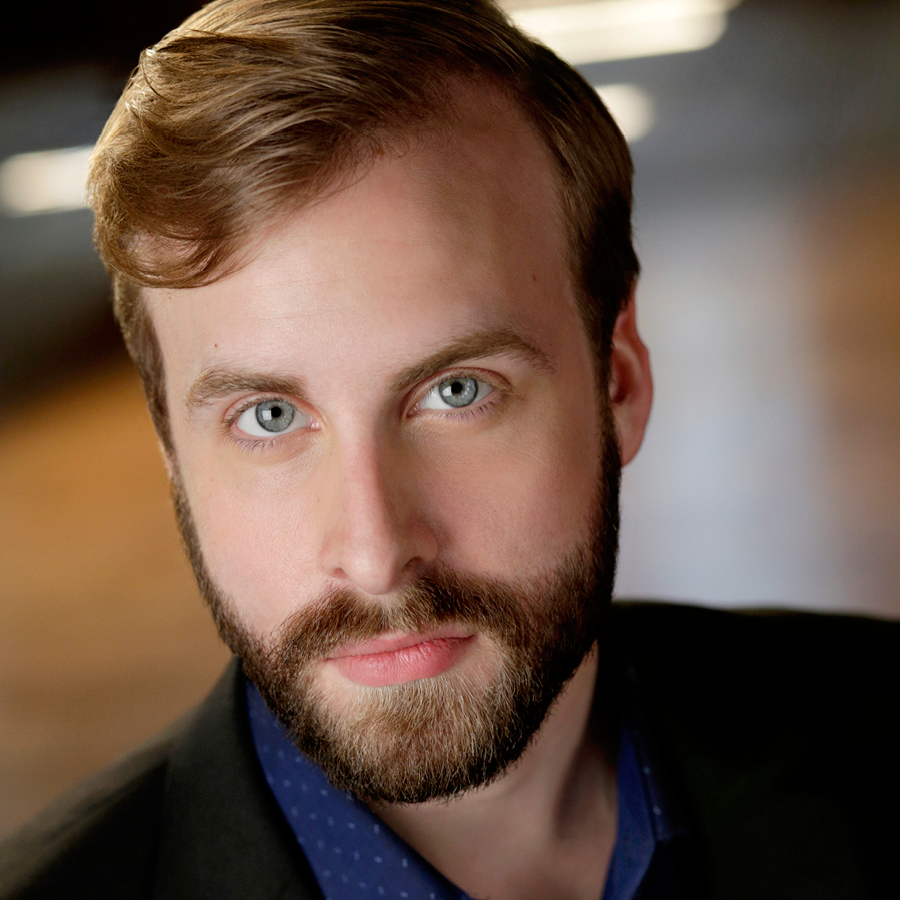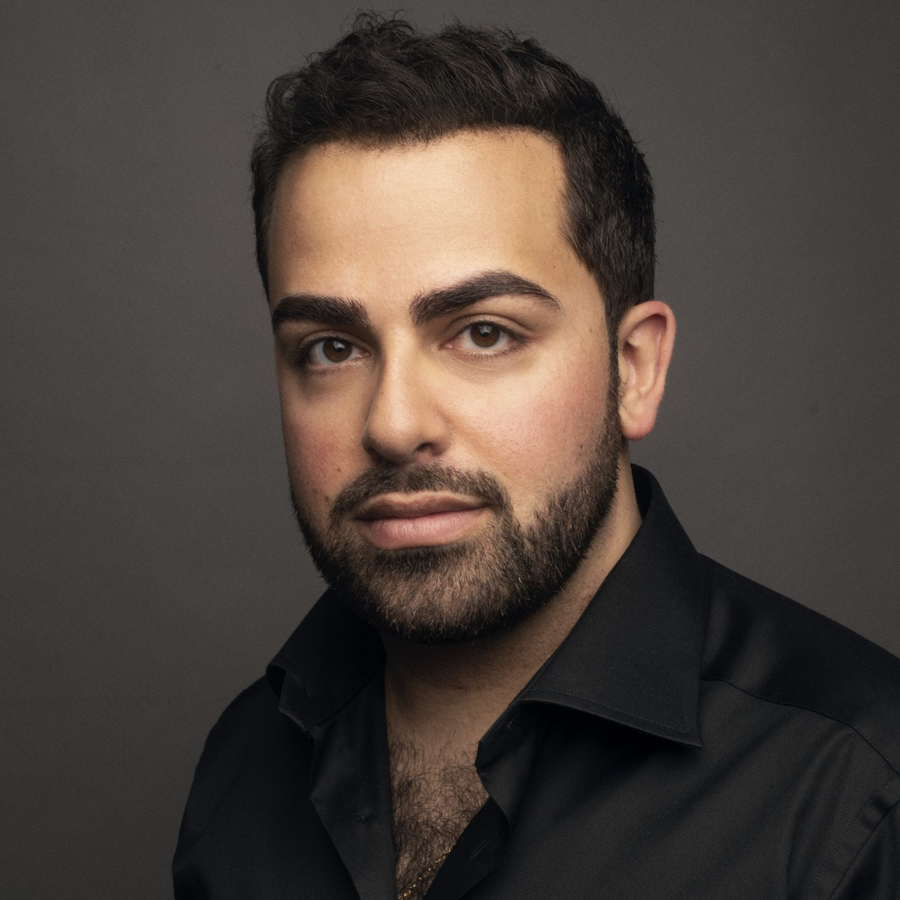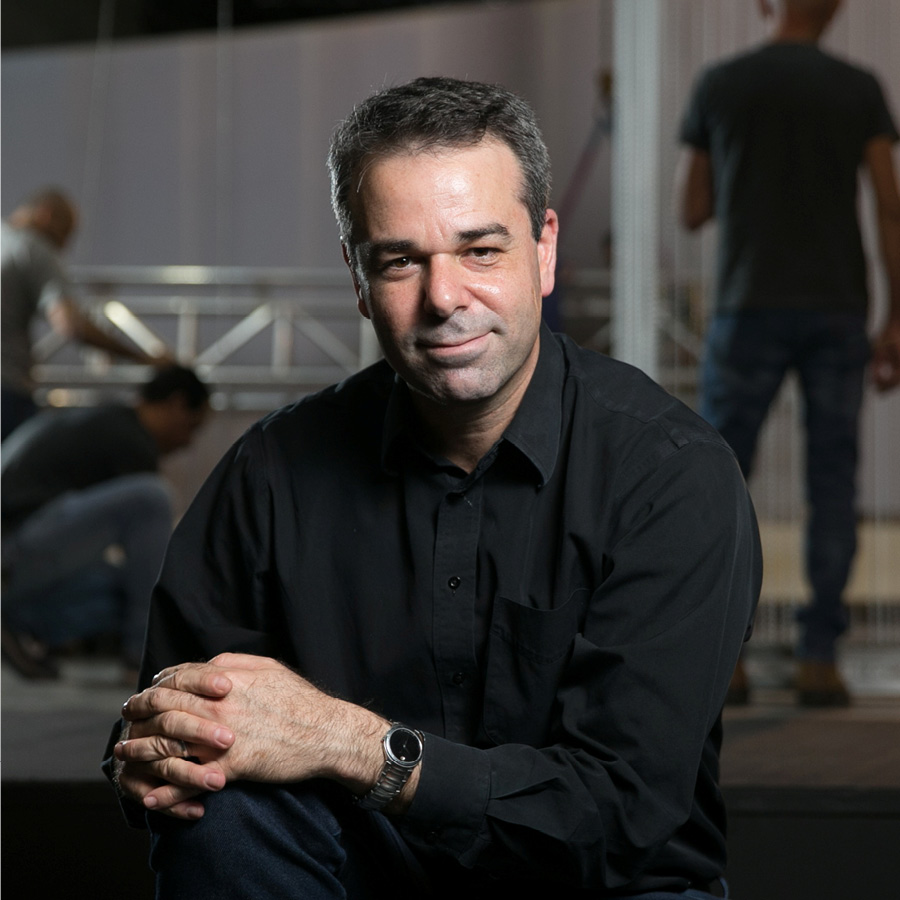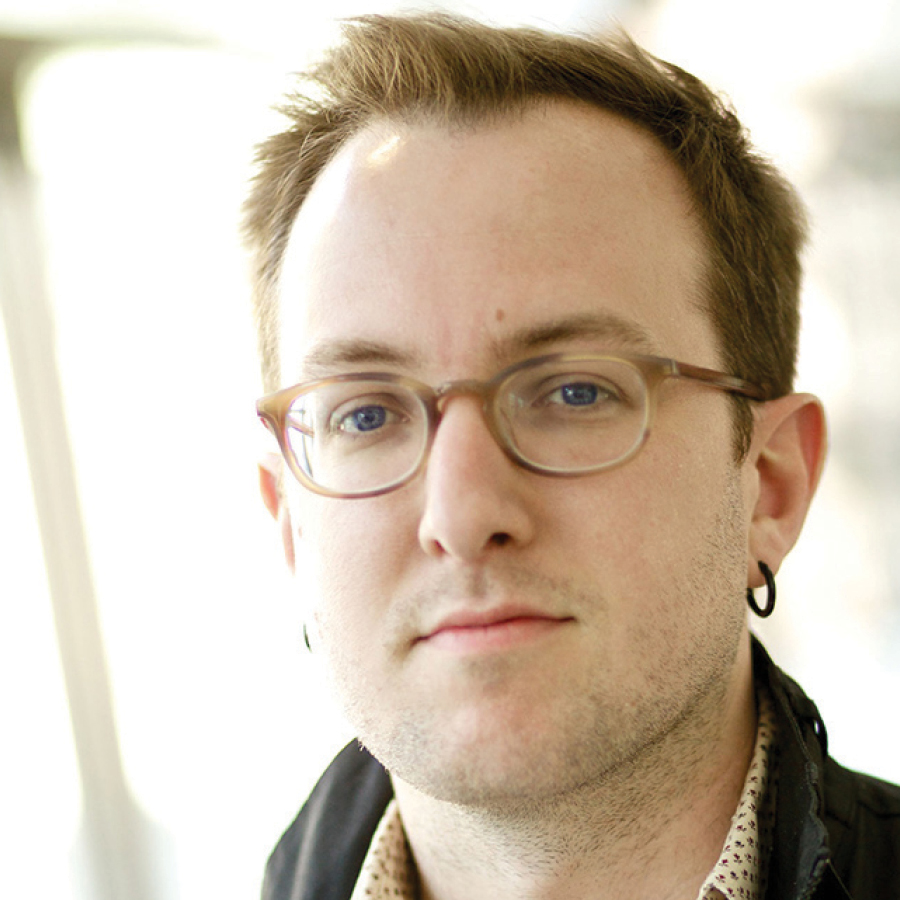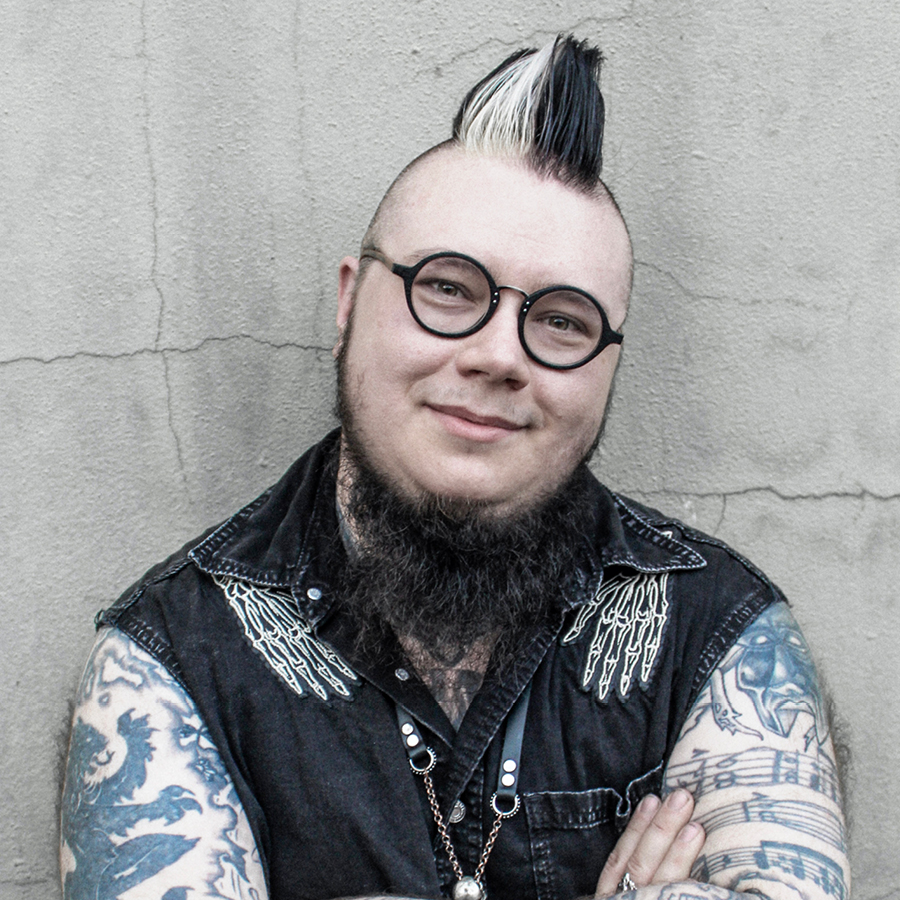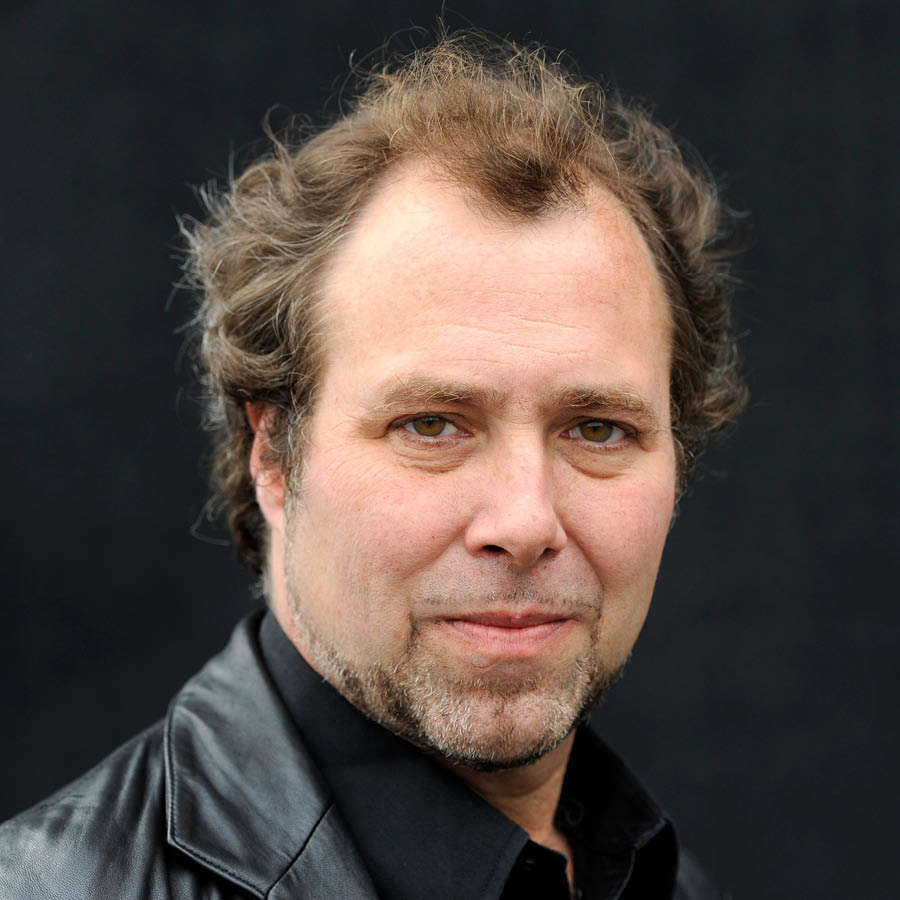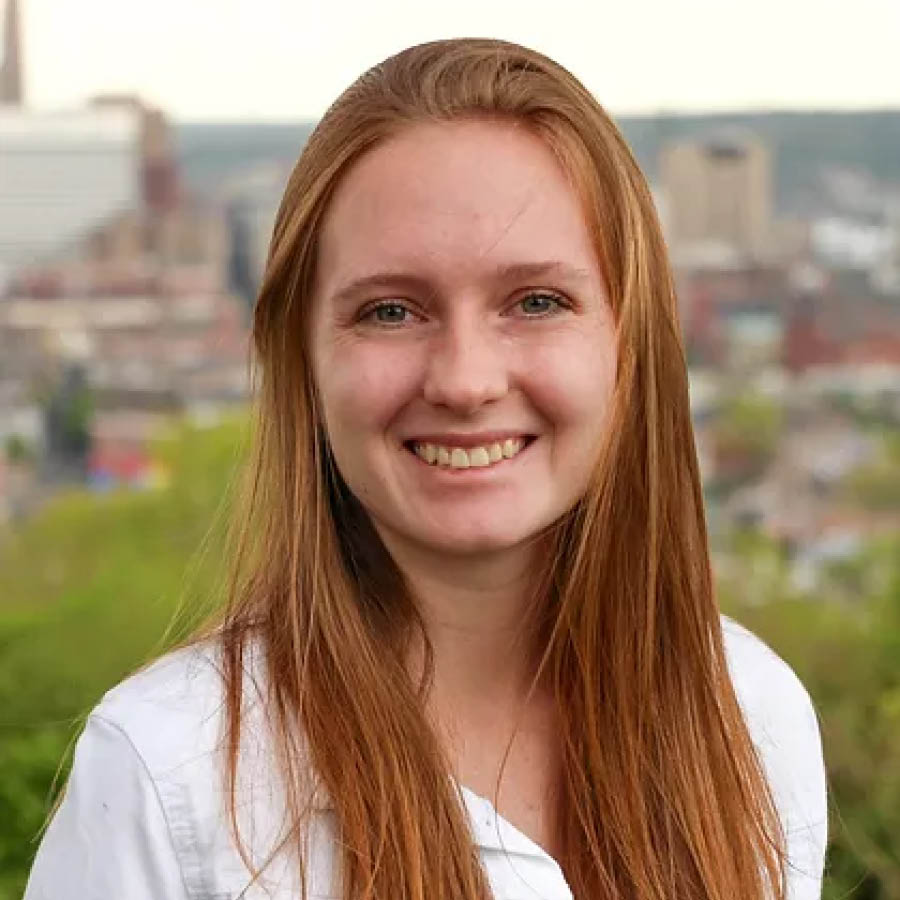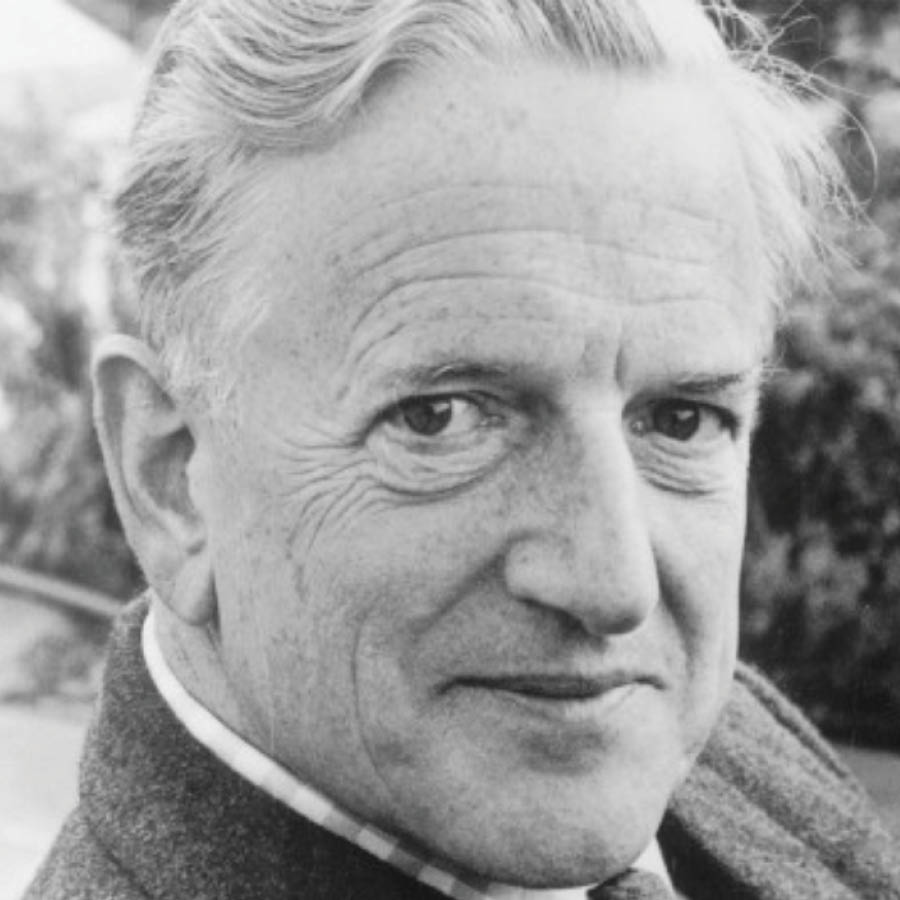ACT I
Night has fallen in the woods outside Athens. Oberon, King of the Fairies, is quarrelling with Tytania, his queen, over a young boy who is under her protection. She refuses to give him up. Oberon sends his servant Puck to find a magic flower, whose juice, sprinkled on Tytania’s eyelids, will make her fall in love with the first creature she sees upon waking. He plans to steal the boy while she is under the spell.
Lysander and Hermia have escaped from the city and its law, which allows Hermia’s father to force her into marriage with Demetrius. They decide to elope and set off into the woods. Demetrius, who loves Hermia, chases after her, himself pursued by Helena, who is hopelessly in love with him. But Demetrius scornfully rejects her and runs off into the forest. Oberon, who has witnessed their argument, orders Puck to seek out Demetrius and make him fall in love with Helena with the help of the magic juice.
Six working men have also left the city to discuss in secret a play they hope to perform at the wedding of Theseus, Duke of Athens, to Hippolyta, Queen of the Amazons. There is some disagreement over casting, with Bottom, the weaver, and Flute, the bellows-mender, finally agreeing to play the parts of Pyramus and Thisbe, the star-crossed lovers of the play’s title. Quince, the carpenter, as well as the author and director of the play, hands out scripts, and all agree to meet later that night to rehearse.
Exhausted and lost, Lysander and Hermia lie down to sleep. Puck, who thinks he has found Demetrius, sprinkles the juice of the magic flower on Lysander’s eyes. Demetrius appears, still pursued by Helena, and angrily abandons her. Alone and in despair, she sees the sleeping Lysander and wakes him. Under the effect of the spell, he immediately declares his love. Helena is furious and runs off, thinking he is making fun of her. Lysander follows. Hermia awakes from a terrible dream to find herself alone.
In the heart of the forest, the fairies help their mistress Tytania to sleep. Oberon steals in to put the juice on her eyes, hoping she will “wake when some vile thing is near.”
ACT II
Later that night, Quince and his men meet to rehearse. Puck, seeing them at work, decides to amuse himself by turning Bottom into an ass. At the sight of this strange and terrifying transformation, the others run off. Bottom sings out loud to keep his courage up. This wakes Tytania, who immediately falls in love with him. With the help of the fairies, she manages to coax him to bed.
Oberon is delighted to find Tytania in love with an ass. But when Demetrius arrives, still in pursuit of Hermia, he realizes Puck has made a mistake. Demetrius falls asleep, and Oberon pours the juice on his eyes. The arrival of Helena and Lysander wakes Demetrius, who now declares his passion for Helena. When Hermia appears as well, only to be rejected by Lysander, Helena is convinced that the men have planned it all to mock her. The four quarrel furiously. Enraged at Puck, Oberon gives him an antidote to administer to Lysander. Puck leads the lovers away through the forest until they fall asleep and puts the herb on Lysander’s eyes.
ACT III
Shortly before dawn, Oberon releases Tytania from the spell. Daybreak rouses the four lovers, who are finally reconciled—Demetrius with Helena and Lysander with Hermia. Bottom, restored to human shape, wakes from what he thinks was a strange dream. He wanders off while his friends search for him. They’re about to give up when he returns with news that their play has been chosen to be performed at court.
Back in Athens, the four lovers ask Theseus’s forgiveness for their disobedience to the law. Theseus decides that they shall be married together with him and Hippolyta. Quince and his players finally give their performance of “Pyramus and Thisbe,” and the three couples retire to bed. Oberon, Tytania, and the fairies bless the sleeping household—with Puck having the last word.
Courtesy of Metropolitan Opera
